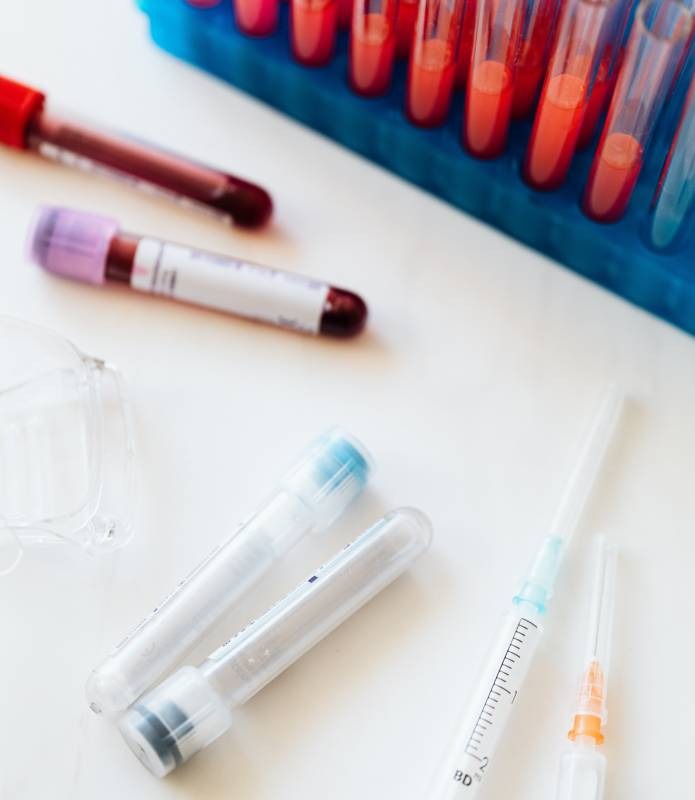Pfizer COVID-19 vaccine better than first promised - FDA submission soon
Pfizer's COVID-19 vaccine candidate is more effective than first reported, with the final Phase 3 study results indicating a 95-percent success rate for coronavirus prevention. The pharma company and its vaccine development partner BioNTech plan to apply to the US FDA "within days" for emergency use authorization, the gateway to beginning distribution of the drug.
Pfizer made headlines earlier this month, when it announced preliminary results from its phase 3 study into the BNT162b2 vaccine candidate. Then, it said it had found the drug to be more than 90-percent effective. Today, it has raised that rate to 95-percent for the general study population, and over 94-percent for adults over 65 years of age.
It's a considerable milestone, and comes only days after rival vaccine developer Moderna announced its phase 3 results. That vaccine, Moderna said, was 94.5-percent effective in its study population.
"Efficacy was consistent across age, gender, race and ethnicity demographics," Pfizer said today. 170 confirmed cases of COVID-19 were evaluated, of which 162 were in the placebo group and just 8 in the vaccine group. Ten severe cases were observed in the trial, nine of which were in the placebo group. More than 43,000 participants took part in the study.

As for side-effects, there too there's good news. There were "no serious safety concerns observed," Pfizer says, with the most common complaints being fatigue and headaches. "Consistent with earlier shared results," the companies report, "older adults tended to report fewer and milder solicited adverse events following vaccination."
Pfizer plans to make up to 50 million doses of the BNT162b2 vaccine in 2020. Come 2021, the goal is up to 1.3 billion doses by the end of the year.
One of the lingering challenges is BNT162b2's storage and transportation demands. The vaccine requires very low temperatures in order to be kept effective, a notable difference from Moderna's drug which has more typical supply chain needs.
Pfizer began a pilot distribution study earlier this week, looking at four different locations in the US to refine its transportation processes. It and BioNTech have developed special, temperature-controlled thermal shippers for the process, which will use dry ice to keep the vaccine at sufficiently low temperatures of around -70 degrees Celsius.
"They can be used be as temporary storage units for 15 days by refilling with dry ice," Pfizer says. "Each shipper contains a GPS-enabled thermal sensor to track the location and temperature of each vaccine shipment across their pre-set routes leveraging Pfizer's broad distribution network."
The plan now is to submit the new safety and efficacy data to the US Food and Drug Administration, with hopes of obtaining an Emergency Use Authorization (EUA) so that the vaccine can be used in the US. Pfizer and BioNTech will also be submitting the data to other regulatory agencies around the world.
